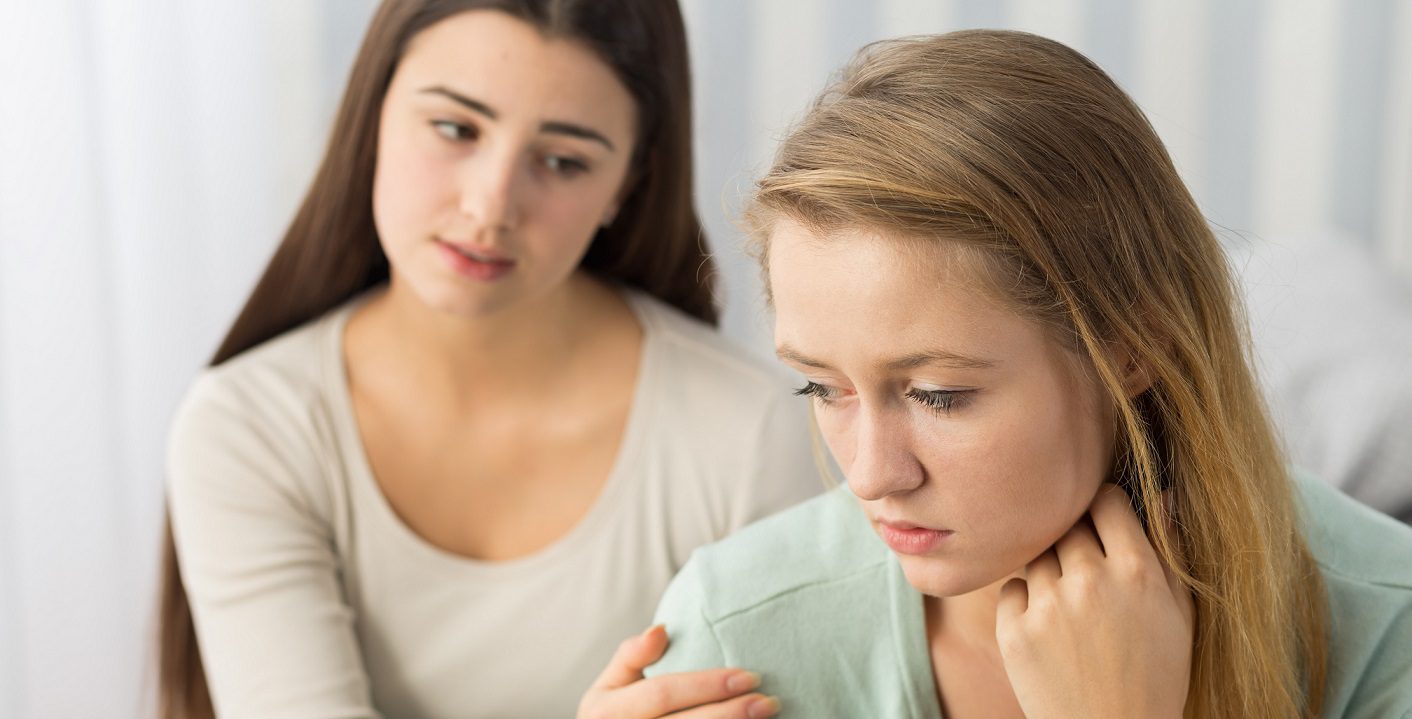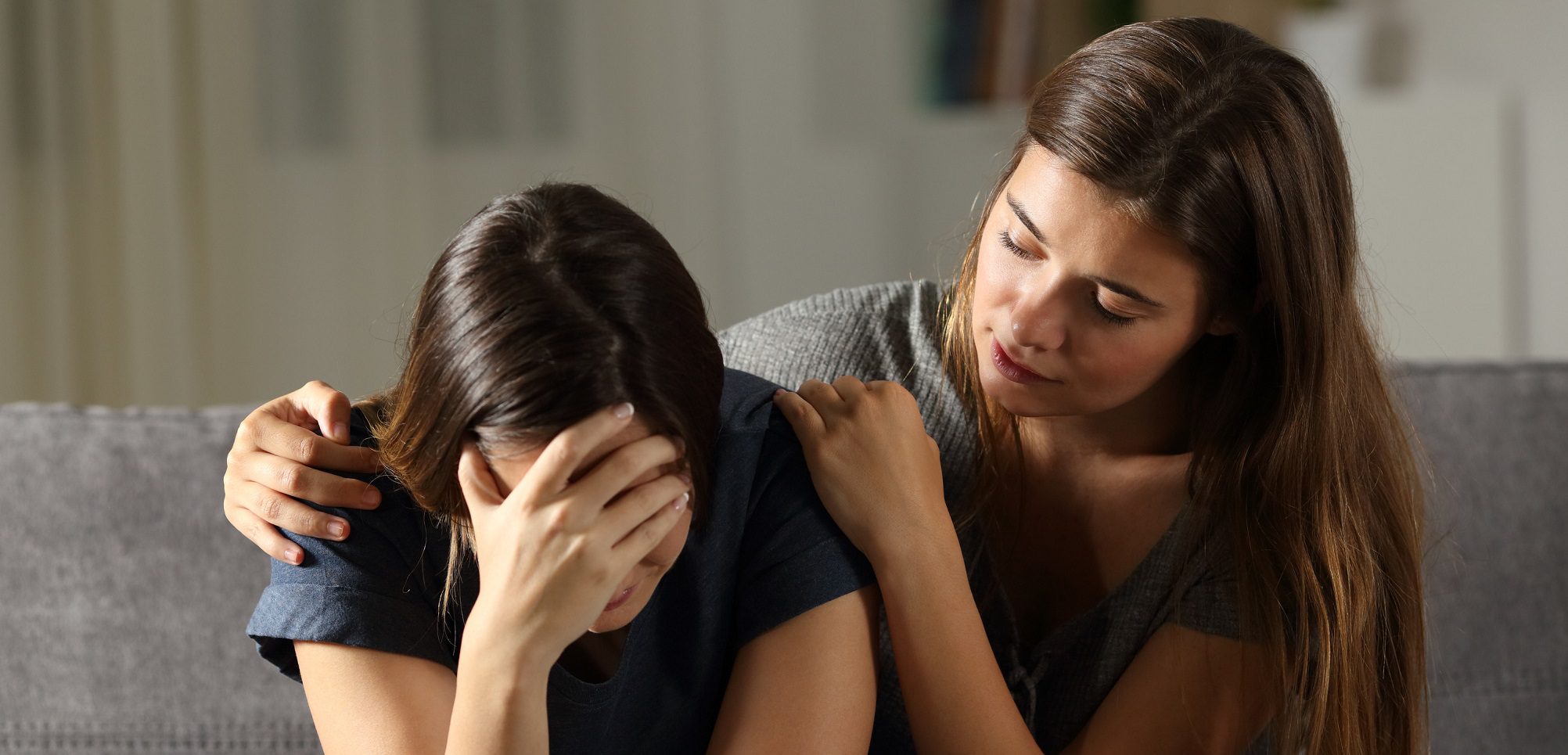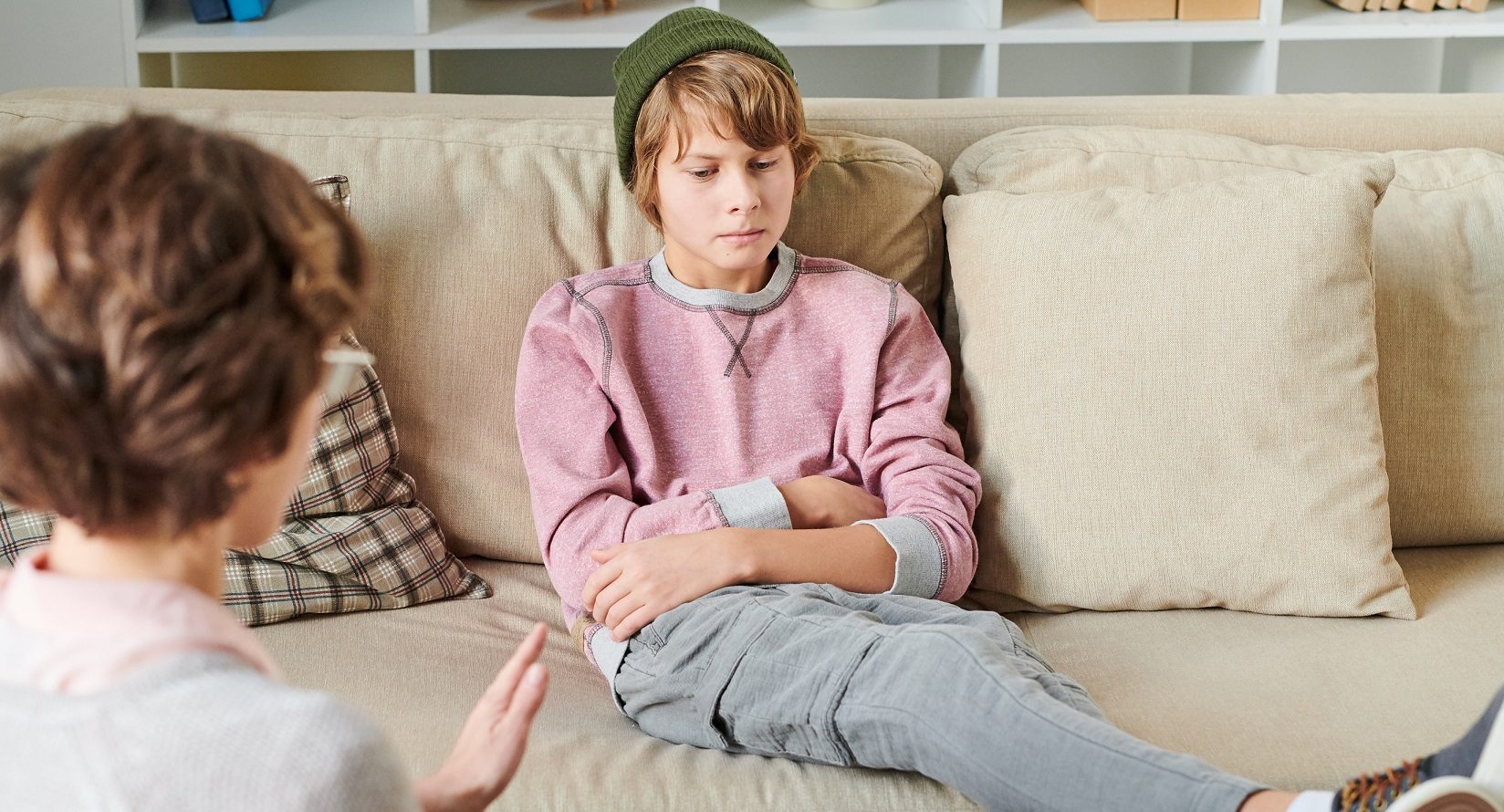Articles containing: mental illness
Adventures in AI Therapy: A Child Psychiatrist Goes Undercover

Recent developments in artificial intelligence (AI) have introduced powerful, easily accessible tools for a rapidly expanding range of uses. Among those uses are specialized chatbots that serve in the role of a therapist, intended as either adjuncts to or simulations of work with a real-life therapist.
How to Help Young People Cope With Grief and Loss During COVID-19

Este artículo está disponible en español.
The novel coronavirus pandemic has posed a novel way of life for all of us. Beyond concerns about contagion, prevention, or slowing down its spread, and fears of illness and access to healthcare, one thing is clear.
When Young People Lose a Hero to a Tragic Death

Most of us, young and old, were stunned by the tragic death of Kobe Bryant along with his daughter. Whether you are a Laker’s fan or not, Kobe represented something more, including for young people.
Tom Brady said it this way in a Twitter statement:
“And in this tragedy, I have learned so much.
Is Your Teen an Emotional Sponge? – Shrinking It Down

Peers can be an excellent source of social support, and it’s great that more young people today talk to friends about their emotional challenges. But for every teen who shares, there’s another teen absorbing the info like an emotional sponge.
Nature Vs. Nurture, featuring Jordan Smoller, MD ScD – Shrinking It Down

Is it always nature vs. nurture, or do the two interact? Many parents worry that their own or a family member’s mental health disorder destine their children to struggle in the same way. But, while many psychiatric disorders do run in families to some extent, so do lots of things! Right down to food preferences and professions.
Being an Emotional Sponge: Supporting Young People Who Are Supporting Friends

Listen to Dr. Gene Beresin and Dr. Ellen Braaten talk more about supporting teens who are supporting friends on our podcast. Tune in below, or search for “Shrinking It Down” wherever you get your podcasts.
Supporting friends who are struggling can be a valuable thing.
10 Self-Care Tips for Parents

Este artículo está disponible en español.
As parents, our main job is to take care of our kids, including our young adult children. It’s hard to think of anything more important than our children’s well-being. We worry about their academic success, social life, and recreational achievements.
11 Self-Care Tips for Teens and Young Adults

Este artículo está disponible en español.
Stress. Teens and young adults today are more stressed, anxious, depressed and lonely than ever – at least in the United States. At first glance, it’s hard to wrap your head around this fact.
9 Ways to Know If Your Child’s Mental Health Clinician Is Right for Them

As parents, we all want the very best for our kids – the best teachers, coaches, and health professionals, among others.
About one in five of our children, teenagers, and young adults will experience a mental health issue and ideally receive mental health care.
Borderline Personality Disorder: A Case of Suffering, Drama and Hope

There’s an understandable tendency to portray Borderline Personality Disorder (BPD) in films. Silver Linings Playbook, Fatal Attraction, and Girl Interrupted are just a few.
It makes sense.




